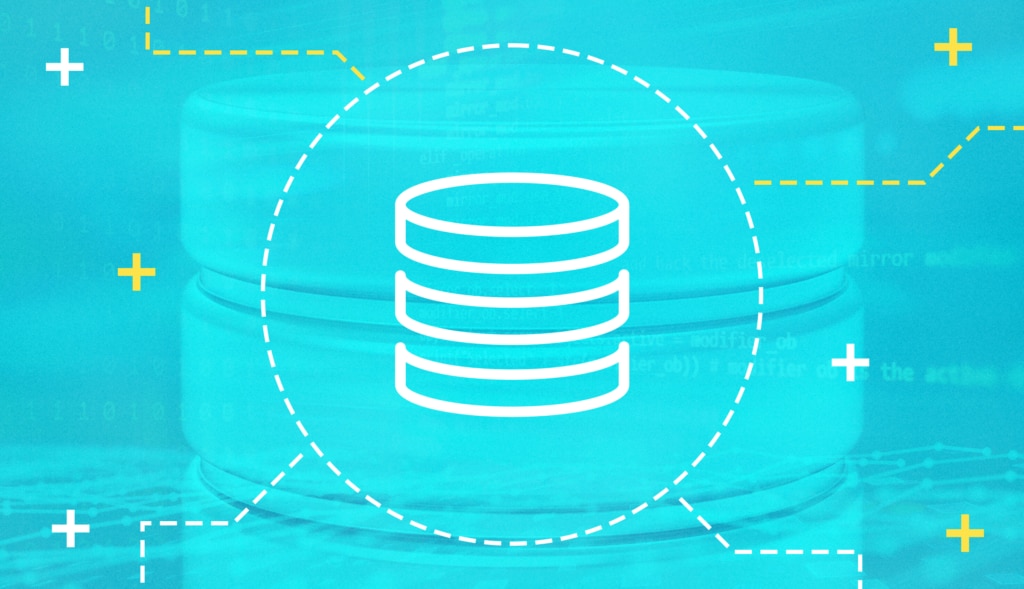In cooking, ingredients must be properly prepared by a trainee chef so that the master chef can craft the perfect dish. In carpentry, lumber is precisely cut and sanded by an apprentice so that an expert carpenter can build sound structures. A similar principle applies in artificial intelligence (AI), where IT professionals must ensure the correctness and consistency of data for AI systems to produce accurate insights.
However, the SolarWinds IT Trends Report 2024 — AI: Friend or Foe? reveals widespread doubts among tech workers about the data quality underlying today’s AI models. Let’s dig into the findings.
SolarWinds IT Trends Report of 2024 — AI: Friend or Foe?
The IT Trends Report demonstrates a conflict in how directors, development staff, IT ops, service management professionals, and a host of other IT personnel view AI. A substantial 88% of surveyed organizations are adopting or planning to adopt AI. However, just 38% fully trust the data used in AI technologies. 16% of respondents identify data quality as the second most significant barrier to successfully integrating AI technology, while 40% attribute negative AI experiences to algorithmic errors, often rooted in subpar data. IT professionals recognize the promise of an AI-automated tomorrow. Still, concerns about the integrity of current datasets find them slow to fully embrace it today.
What Is Data Integrity?
Data integrity refers to data's overall accuracy, consistency, and comprehensiveness throughout its lifecycle. Essentially, it helps ensure that data remains trustworthy from the time it is created until the moment it is accessed. AI systems rely on high-quality data to learn, make decisions, and produce reliable outcomes. When the information used to generate them contains errors, inconsistencies, or biases, these systems may produce untrustworthy results. The suspicion that an AI system is producing flawed outcomes due to dubious data is enough to gravely undermine the project of AI integration. Without user trust in AI tools, the transformative promise of artificial intelligence in IT operations may never truly materialize.
Putting Your Data in Order
How can IT teams and tech workers ensure the integrity of their datasets and cultivate confidence in AI outcomes? The IT Trends Report recommends several methods for improving the quality of your organization's data. Let’s explore them here.
Data provenance charts the history of a piece of data by documenting how it has been used throughout its lifecycle. This includes recording sources, usage, and modifications. It helps organizations trace issues to their root and demonstrate accountability in data handling.
Data validation checks whether data meets specific rules or standards. This means verifying if numbers are within expected ranges, checking format consistency, and measuring data against various other criteria. Validation helps data remain suitable for its intended purpose, whether decision-making, analyses, or training AI models.
Data cleaning involves fixing and preparing data to ensure it is accurate and ready for use. This means removing duplicate information, correcting errors, and filling in missing details to complete the picture.
Practices like these are essential to fostering suitable conditions for effective AI integration. However, the onus of ensuring data integrity should go beyond database administrators and a few other members of the IT department. In the age of artificial intelligence, data is bigger than IT. A culture of company-wide accountability is required to maintain the healthy flow of data throughout the organization.
A Culture of Accountability
Traditionally, data was seen as a by-product of business transactions, utilized for record-keeping and basic operational processes. As digital technology has evolved, the potential for data to deliver empowering business insights has become clear. With the emergence of artificial intelligence systems that run on data, it has gone from being considered a simple operational tool to a key strategic asset. However, achieving true data integrity only becomes feasible when everyone in the organization understands the ripple effects of data quality on business outcomes—and their role in maintaining it.
With this in mind, IT leaders should consider creating a cross-departmental team for data governance. Assigning clear responsibilities and processes for issue resolution while emphasizing collaboration across departments will establish data integrity as a collective responsibility woven into the fabric of the organization. This integrated approach helps enterprises work as a cohesive unit to maintain data practices that sustain and enhance the business as a whole.
New Tools, New Imperatives
The findings of the SolarWinds IT Trends Report 2024 tell one central story: the potential benefits of artificial intelligence are exciting, but the preconditions for it to truly transform IT operations are not yet in place. Organizations that achieve data integrity earlier and more thoroughly stand a better chance of leveraging the radical advantages of effective AI. Soon, they’ll see unprecedented productivity propel their enterprise beyond the competition. When viewed in this light, data integrity is more than just good housekeeping. It may soon be a key metric for predicting whether organizations achieve their objectives in the age of AI.




